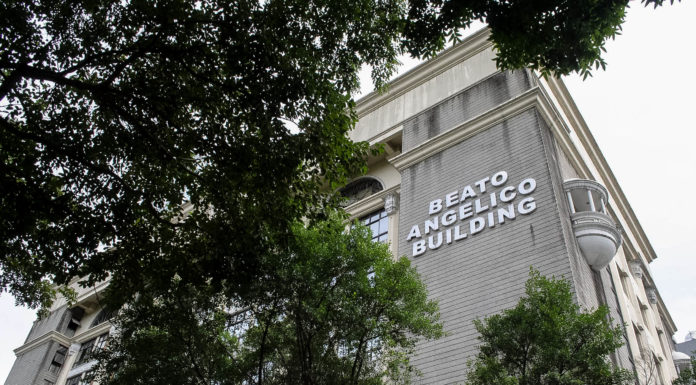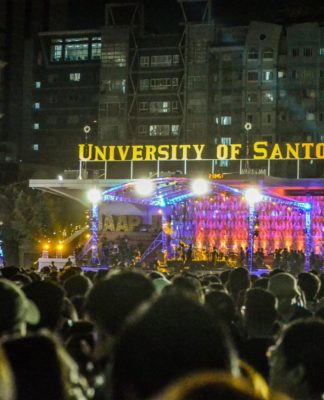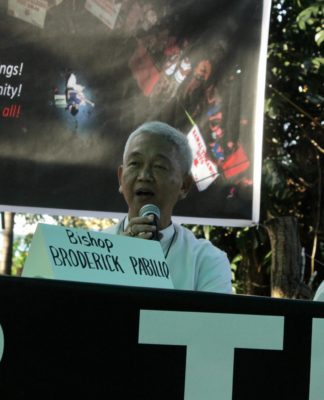 WHILE most of the Filipino youth are able to eat three meals a day, live in a decent home, and have a proper education, many others are unfortunate to be maltreated and abused, even by the people who should be taking care of them.
WHILE most of the Filipino youth are able to eat three meals a day, live in a decent home, and have a proper education, many others are unfortunate to be maltreated and abused, even by the people who should be taking care of them.
Eight months ago, a 10-year-old homeless boy was rescued from the streets and brought to a temporary shelter managed by the Department of Social Welfare and Development in Manila. But last Oct. 12, a police officer found the boy lying naked on the floor, unable to stand, walk or even speak, reduced to skin and bones. According to several reports, he was not fed well and was grossly maltreated by the staff of the temporary shelter.
Because nobody knew him, he was named “Frederico” after the cop who found him. A photo of the boy’s appalling state went viral on Facebook, gathering sympathy and drawing anger from netizens. Now, he is under the care of a non-government organization that caters to the protection of children.
This issue is not new and it persists because it doesn’t seem to be a government priority. It gets worse every year. From January to September this year, there were 29,087 reported cases of child maltreatment nationwide, even higher than the 21,361 recorded cases in 2013, according to data from the Philippine National Police.
The problem of child maltreatment and abuse can be traced back to poverty. Child labor and prostitution exist because poor families are forced to earn money by all means possible. There are many out-of-school youths because their parents do not have enough money to support their education. Children flee from their homes and wander the streets because their parents, who belong to the poorest of the poor, are unable to fend for them.
How can we have the best leaders in the future if every child in the country is not getting proper education, protection and freedom? How can we say that our country is progressing if not all are experiencing a positive change?
The issue of child maltreatment and abuse can only be solved if the government would actively orient parents with family planning and responsible parenting, if it would strengthen laws that could prevent these cases from happening, if it would prioritize the protection and welfare of these children by creating more capable institutions that would shelter and provide them proper guidance and education.
Federico is not alone. Right now, there are thousands like him who need help and it is the responsibility of everyone to help them in any way we can—before it is too late. As a student-journalist, it is my duty to raise awareness about this issue and spark change. A simple comment of sympathy or anger, or thousands of shares of Federico’s photo on Facebook would not stop child maltreatment and abuse. Yes, it may create awareness and catch attention but the best way to help is to actively participate in protecting and respecting the rights of every child.
Children from all over the world deserve to always be safe and nurtured because they are their own hope for a brighter future. And, the only way for us to have a better country in the coming years is to invest more on the holistic development of every Filipino youth.
***
I usually take long walks by myself at night. When I do, I can think and feel deeper—like a philosopher and a poet.
Apart from being a journalist, I have a heart for literary writing. When I was on my second year in college, I joined the Gawad Ustetika, the annual literary derby hosted by the Varsitarian. Though I did not win, I was inspired to write more. And, I have improved since then.
Sarge Lacuesta of Esquire said in his lecture during the 16th Inkblots last Dec. 3 that a literary writer can be a good journalist because he knows how to tell a good story.
With this, I encourage Thomasian writers to join the 30th Gawad Ustetika and ignite their passion for literature. Submission of entries is open until January 10, 2015.
















